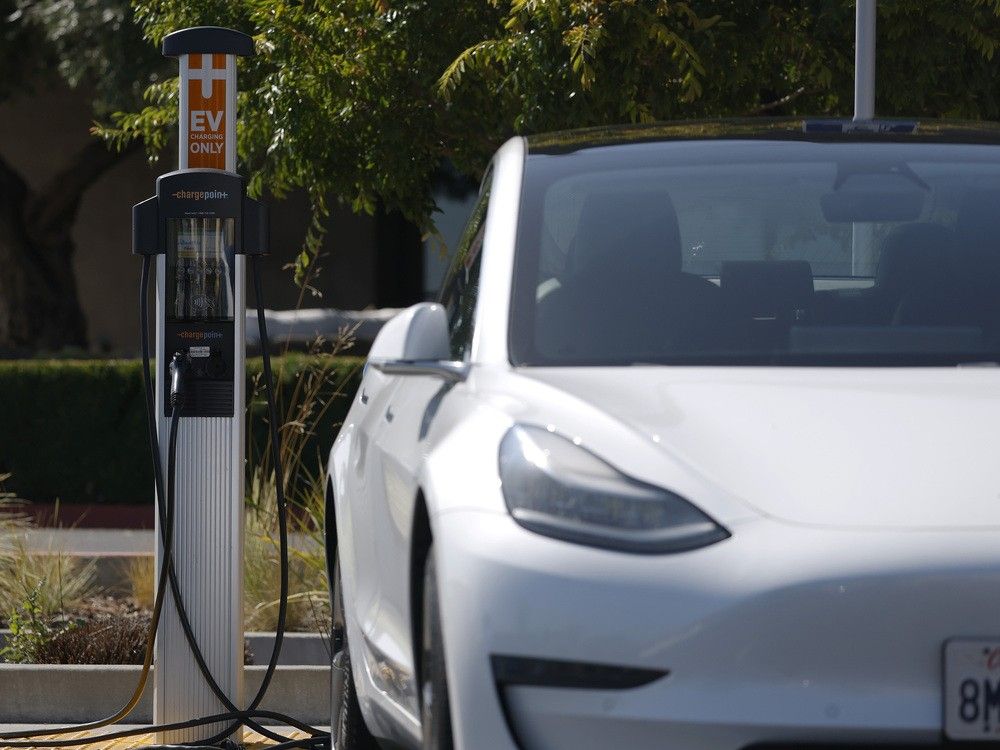As incentives vanish, B.C. interest in zero-emission EV mandate wanes, poll finds

Pressure Mounts for B.C. to Ease Up on EV Sales Mandates
As sales of electric vehicles have waned in British Columbia, there is increasing pressure for the province to consider easing up on sales mandates in its Zero-Emissions Vehicles Act. The first threshold, requiring 26 per cent of new light vehicle sales to be zero-emission, goes into effect in 2026. With the arrival of 2026 models at dealerships, new polling data shows that British Columbians are starting to disapprove of the mandates.
A recent poll conducted by Ipsos, commissioned by the Energy Futures Institute think-tank, revealed that only 34 per cent of respondents support the mandates, with just 10 per cent showing strong support. On the other hand, 56 per cent oppose the requirement, with 36 per cent strongly opposed.
Legislation mandates that car dealers increase their zero-emission offerings to 90 per cent by 2030 and 100 per cent by 2035. However, zero-emission sales in B.C. have dropped to just 13 per cent of all vehicles as of May and June, following the withdrawal of federal and provincial sales incentives.
Barry Penner, chairman of the Energy Futures Institute and former B.C. Liberal environment minister, expressed concerns about the public’s reception to the mandates. He highlighted the resistance and resentment that can arise when the government enforces such requirements.
While B.C. remains a leader in the EV transition, there are calls for changes to the mandate to better align with current economic conditions. Energy economist Werner Antweiler suggested implementing a more transparent system, such as surcharges on internal combustion engine vehicles based on fuel economy, with the revenue used to renew rebates for zero-emission vehicles.
Antweiler also proposed regional differences in the mandate, focusing greater efforts on urban areas where EV adoption is more crucial. Additionally, he recommended exploring the possibility of reducing tariffs on Chinese-made EVs to promote competition and affordability in the market.
However, Penner cautioned against opening up the market too much, emphasizing the importance of supporting Canada’s domestic auto industry. He urged for a reconsideration and modification of the EV mandates to align with the goal of maintaining the country’s auto sector.
While the future of the Zero-Emissions Vehicles Act remains uncertain, stakeholders continue to advocate for a balanced approach that supports EV adoption while considering the economic and industrial implications. The conversation around EV mandates in British Columbia is ongoing, with stakeholders and policymakers working to find a solution that addresses concerns and drives sustainable progress in the transportation sector.




